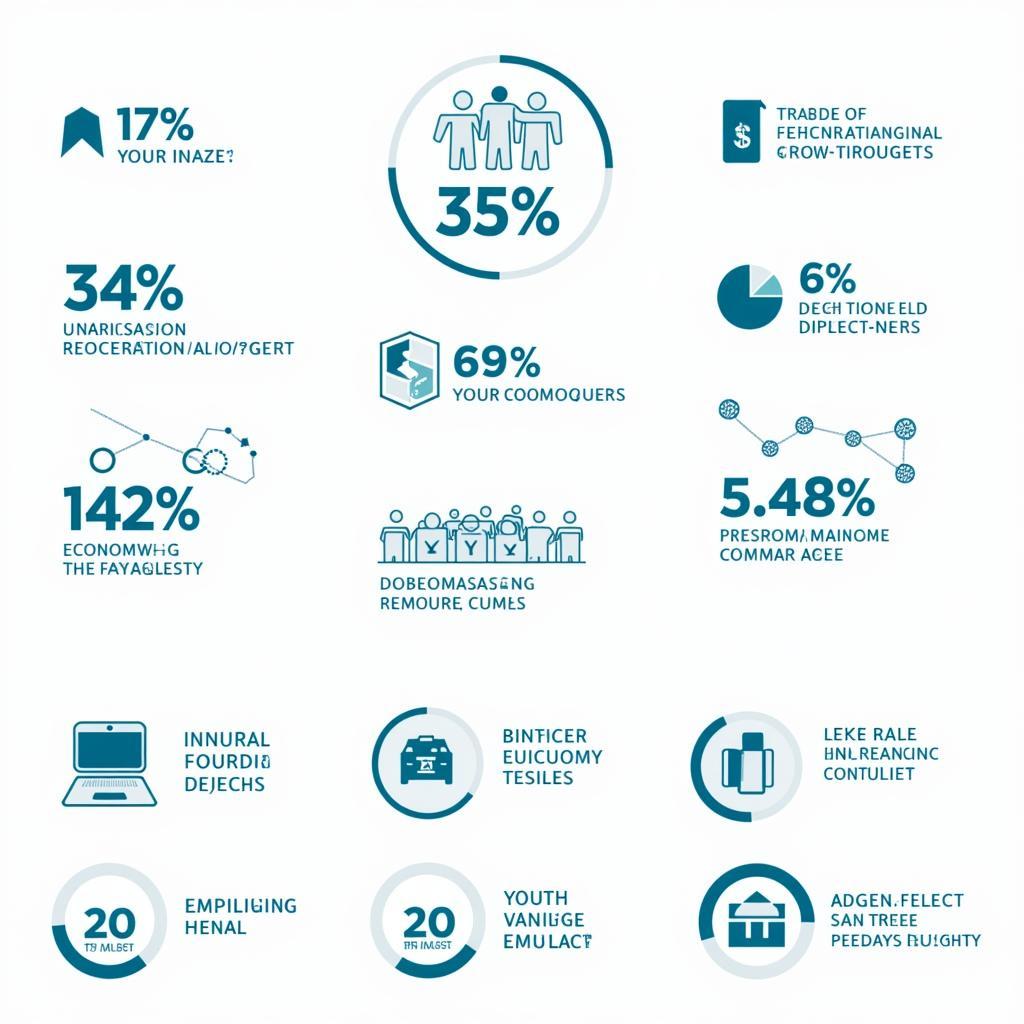The topic of global trade and its impact on economic growth has been a recurring theme in IELTS Writing Task 2, appearing approximately 3-4 times annually in recent years. Based on analysis of past exam questions, this topic frequently appears in various forms, particularly focusing on international trade relationships, economic development, and globalization effects. Let’s examine one common question type that has appeared in recent IELTS tests.
IELTS Task 2 Question Analysis
Some people believe that international trade leads to economic growth and better living standards globally. Others argue it mainly benefits wealthy nations while harming developing countries. Discuss both views and give your opinion.
Question Breakdown
- Topic: International trade’s impact on global economics
- Task: Discussion + Opinion
- Key areas to address:
- Benefits of international trade
- Potential drawbacks for developing nations
- Personal stance with supporting evidence
Sample Essay 1 (Band 8.0)
The debate over whether international trade benefits all nations or primarily serves wealthy countries’ interests has become increasingly relevant in our globalized economy. While some argue that trade creates universal prosperity, others contend it perpetuates economic inequality. In my view, although international trade can initially favor developed nations, it ultimately contributes to worldwide economic advancement when properly managed.
Proponents of international trade highlight its numerous advantages for global economic development. Firstly, trade enables countries to specialize in their comparative advantages, leading to more efficient resource allocation and increased productivity. For example, the effects of globalization on labor markets have allowed countries like Vietnam to become manufacturing powerhouses while enabling nations like Japan to focus on high-tech industries. Additionally, international commerce facilitates technology transfer and knowledge sharing, accelerating innovation and economic growth across borders.
However, critics argue that current trading systems disproportionately benefit wealthy nations. They point out that developed countries often maintain trade barriers while pressuring developing nations to open their markets, creating an uneven playing field. Furthermore, impact of globalization on financial markets can make developing economies vulnerable to external shocks and currency fluctuations.
In my opinion, while these concerns merit attention, international trade’s overall impact remains positive when accompanied by appropriate policies and safeguards. Developing nations can leverage trade relationships to build industrial capacity, attract investment, and access global markets. Countries like South Korea and Singapore demonstrate how strategic engagement with international trade can transform developing economies into global competitors.

Sample Essay 2 (Band 6.5)
International trade is a big topic in today’s world economy. Some people think it helps everyone, while others believe it only helps rich countries. I will discuss both sides and share my thoughts on this matter.
People who support international trade say it helps all countries grow. When countries trade with each other, they can sell what they make best and buy what they need. Also, how exchange rates affect imports shows that trade can make goods cheaper for everyone. Many poor countries have grown richer through trade, like China and India.
However, some people think international trade is unfair to poor countries. Rich countries have better technology and more money, so they can make things cheaper. Poor countries sometimes cannot compete with them. Also, big companies from rich countries might take advantage of workers in poor countries.
I think international trade is generally good but needs better rules. While rich countries might have some advantages, poor countries can still benefit if they make good policies. They should focus on improving their industries and worker skills instead of just providing cheap labor.
Key Vocabulary
- comparative advantage (n.) /kəmˈpærətɪv ædˈvæntɪdʒ/ – specialized capability or resource that gives a country competitive edge
- disproportionately (adv.) /ˌdɪsprəˈpɔːʃənətli/ – in a way that is too large or too small in comparison with something else
- perpetuate (v.) /pərˈpetʃueɪt/ – to cause something to continue
- vulnerability (n.) /ˌvʌlnərəˈbɪləti/ – susceptibility to harm or damage
- safeguards (n.) /ˈseɪfɡɑːdz/ – measures taken to protect something
Conclusion
The topic of global trade’s impact on economic growth remains crucial for IELTS candidates. Future exam questions might explore related themes such as:
- Environmental impacts of international trade
- Digital trade and e-commerce effects
- Regional trade agreements
- Trade protectionism versus free trade
Practice writing your own essay on this topic and share it in the comments for feedback and discussion.